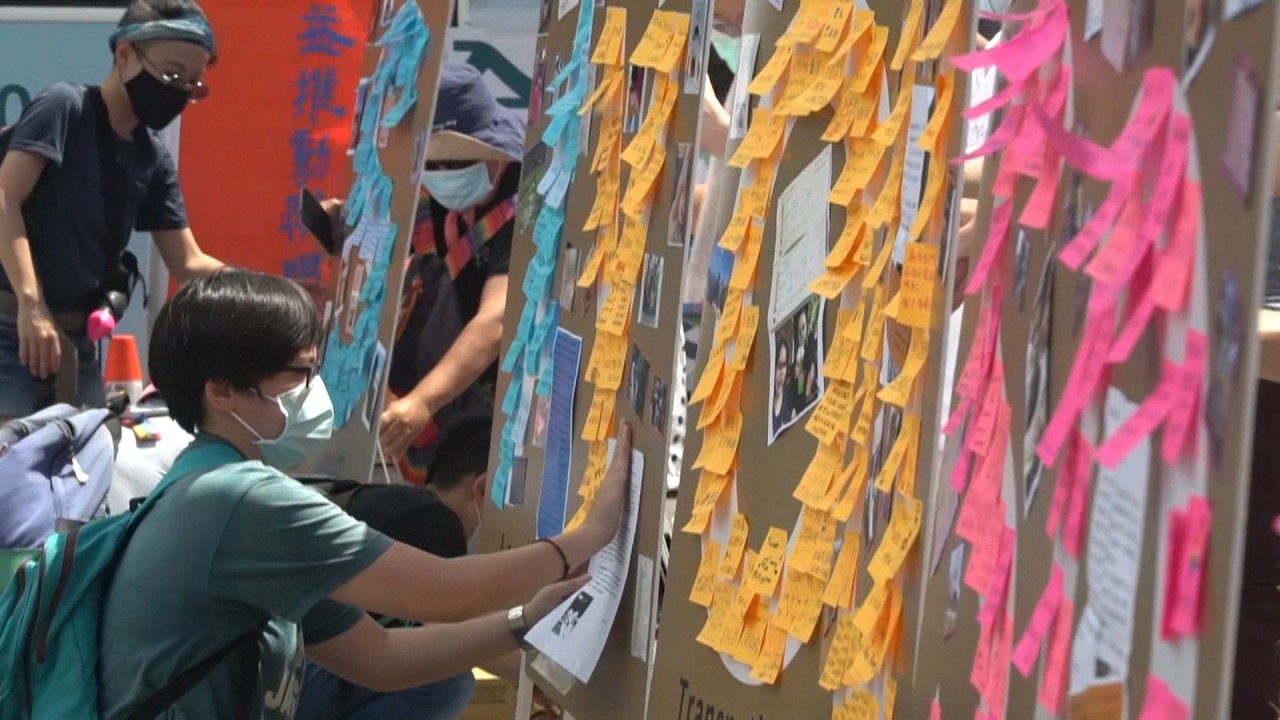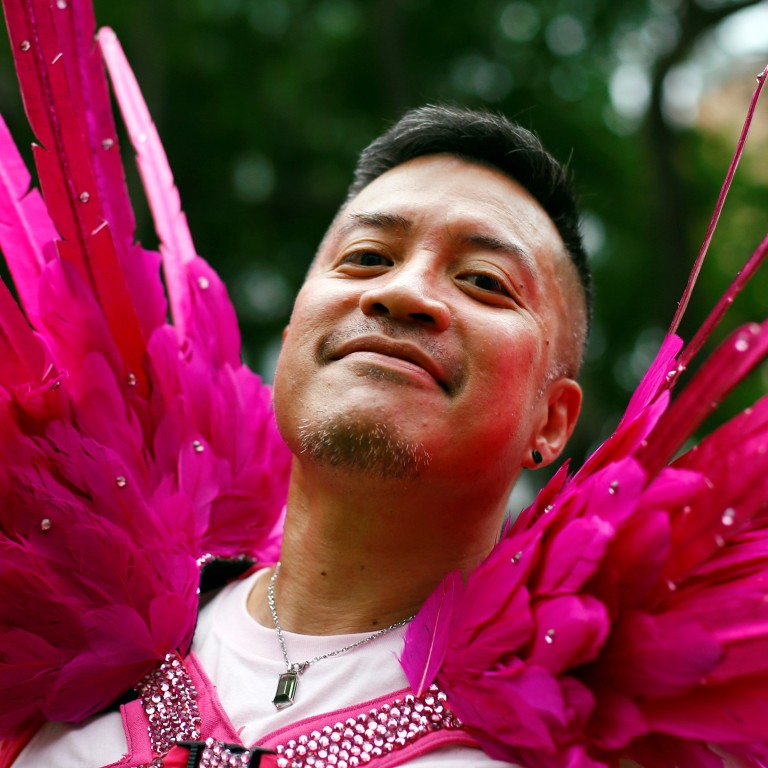
Singapore upholds anti-gay law, but activists hopeful after minister’s speech
- Court of Appeal declines to overturn Section 377A of Penal Code; says it’s not enforced so no need to address the colonial-era legislation
- Still, activists encouraged by influential minister’s remarks acknowledging discrimination faced by LGBT community and shifting social attitudes
Singapore’s gay rights campaigners know full well that their years-long campaign to repeal the country’s colonial-era law that criminalises consensual sex between men is a marathon, not a sprint.
That reality came into focus in recent weeks, after a major court decision and a senior government official delved into the future of the law, Section 377A of the Penal Code.
Prime Minister Lee Hsien Loong’s government has said the law was not being enforced, and was being kept on the books to reflect the country’s conservative social norms and attitudes when it comes to homosexuality.
Rights activists have countered that the law, which does not apply to gay women or other non-heterosexual people, exacerbates sexuality-based discrimination and stigma in the country.

In the latest setback for the cause, the country’s highest court last week chose to uphold a 2020 High Court decision on judicial reviews separately filed by three activists.
The Court of Appeal, as it had done on previous occasions, signalled that its position remained that any change to the status quo would require a decision by the executive branch.
While there was a sense of palpable disappointment, advocates said they were fairly encouraged by a subsequent parliamentary statement by the home affairs and law minister, K. Shanmugam.

In his speech, Shanmugam said social attitudes towards homosexuality have “gradually shifted” and that policies needed to “evolve to keep abreast of such changes in views”.
A large majority of Singaporeans wanted to preserve the “overall tone” of society and believed in the traditional view of marriage, he went on, but the government was considering the “best way forward”.
“We must respect the different viewpoints, consider them carefully, [and] talk to the different groups,” Shanmugam added. “And if and when we decide to move, we will do so in a way that continues to balance between these different viewpoints and avoids causing a sudden destabilising change in social norms and public expectations.”
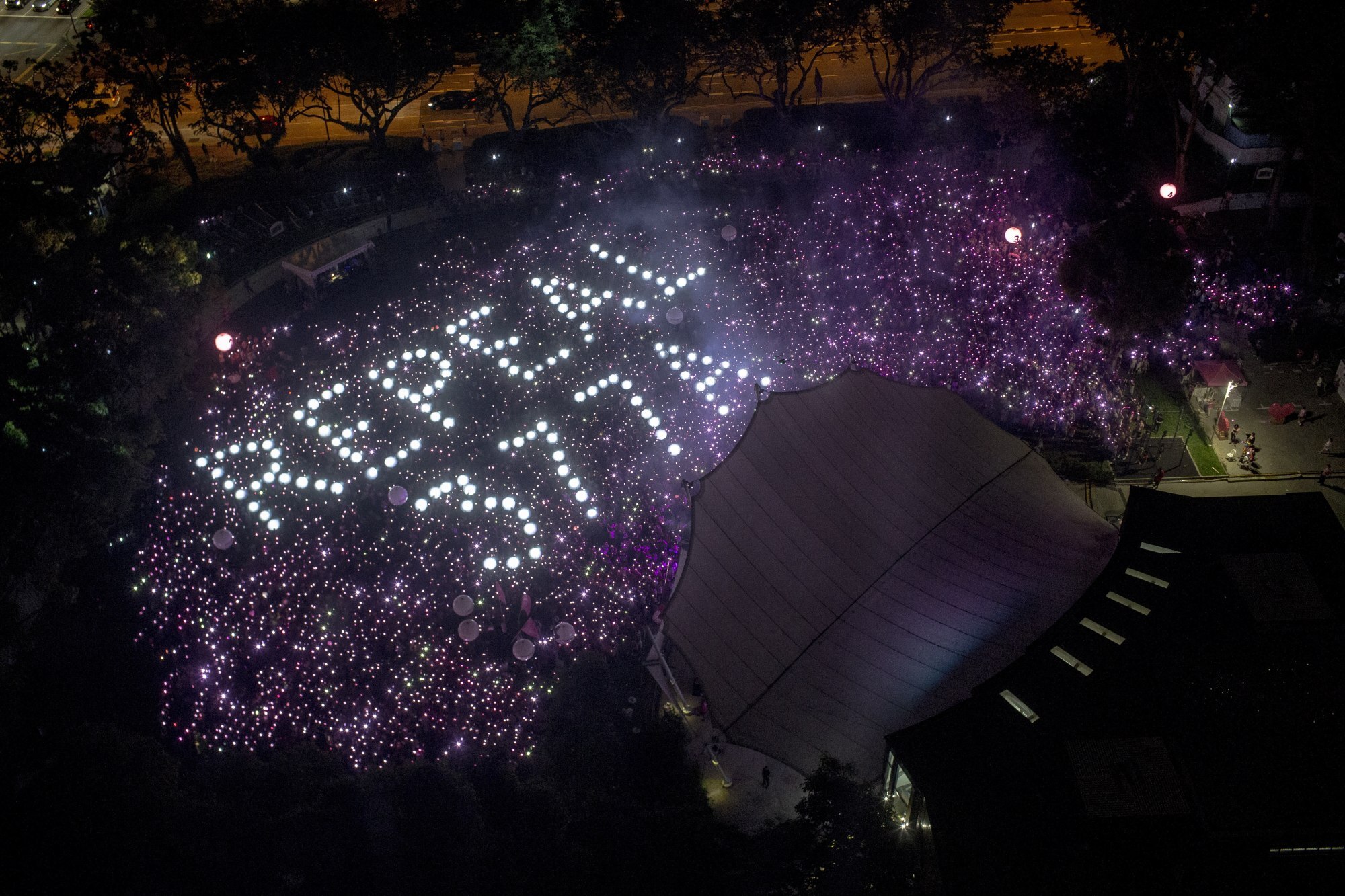
Political observers said the minister’s comments – the broadest on Section 377A by a senior government official in recent years – offered important insights on the authorities’ current position on the matter.
Still, they said that while the government’s position showed it was receptive of a broader mindset shift in society, any major movement including a repeal of the law was unlikely in the near future.
‘Political compromise’
Before Shanmugam’s speech, advocates were analysing the Court of Appeal’s grounds for dismissing the latest constitutional challenges.
Among other things, the appellants had argued that Section 377A was discriminatory by citing scientific evidence that homosexuals cannot wilfully change their sexual orientation or attraction, and argued that the enforcement of the law was arbitrary and inconsistent.
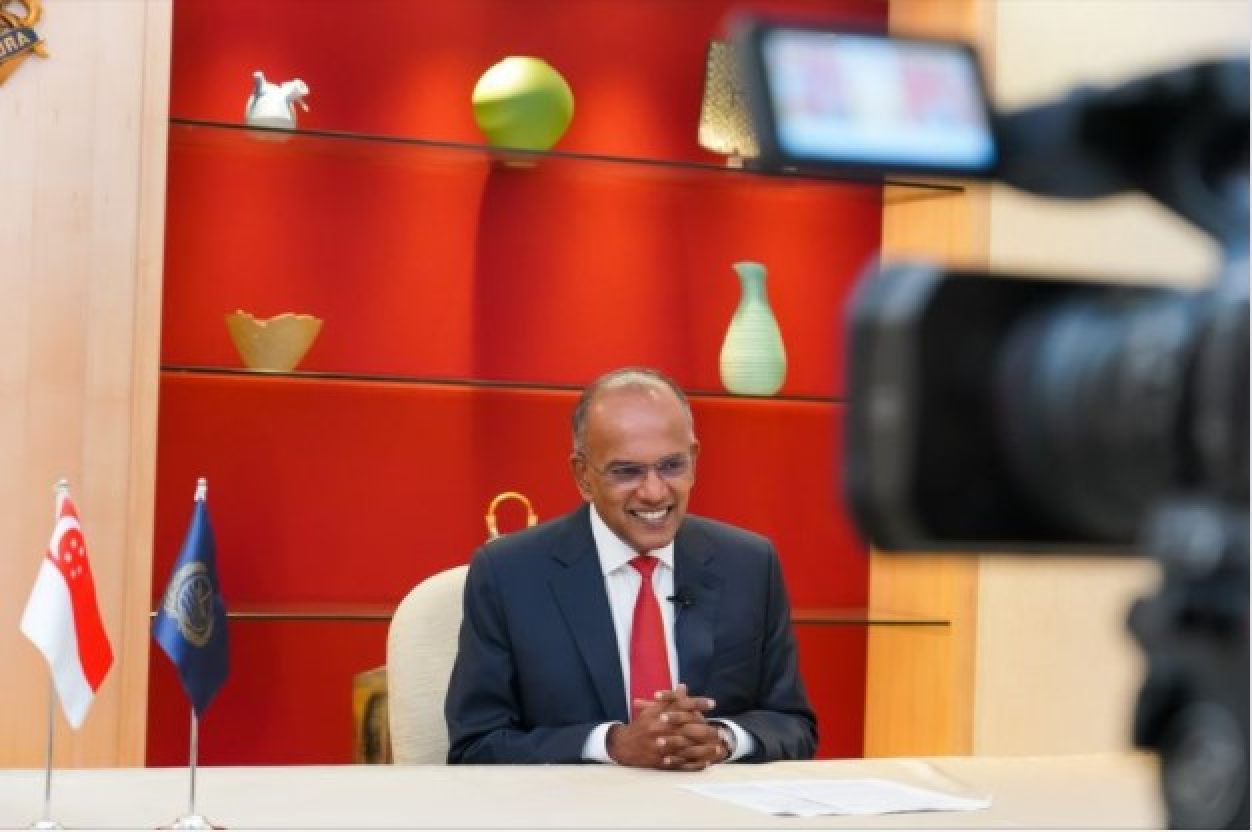
One of the three activists, Bryan Choong, the former executive director of LGBTQ+ non-profit organisation Oogachaga, had also brought to light declassified British government archives that he said showed the law was meant to target rampant male prostitution during British colonial rule rather than to criminalise all consensual sex between men.
Singapore remains one of the few former British colonies still clinging to the Penal Code’s Section 377A which came into force in 1938 after being adapted from 19th-century India’s Code. Malaysia and Sri Lanka also still retain the law in some form, but India itself did away with the legislation in 2018.
In their decision in Singapore, the Court of Appeal judges stressed that there had been a “political compromise” earlier struck by the city state’s government, under which the law would not be proactively enforced.
And because the law was currently unenforceable, it was not necessary to address the constitutional challenges raised by the three activists.
One of the appellants, Roy Tan, regarded the judgment as a “partial but significant victory for the LGBT community”.
Top Singapore court rejects latest challenge to law banning gay sex
It may be disheartening that Section 377A was not repealed but the statute was ruled unenforceable which would have “numerous legal and social ramifications that will play out in the months and years to come,” said Tan, a former organiser of Singapore’s annual Pink Dot LGBT rights rally.
‘Live and let live’
In a 152-page judgment, the judges noted the complexities surrounding Section 377A. The legislation, they said, has “long been a lightning rod for polarisation” as it raised a wider question of how a state can best maintain harmony between communities with deeply held views on important moral issues.
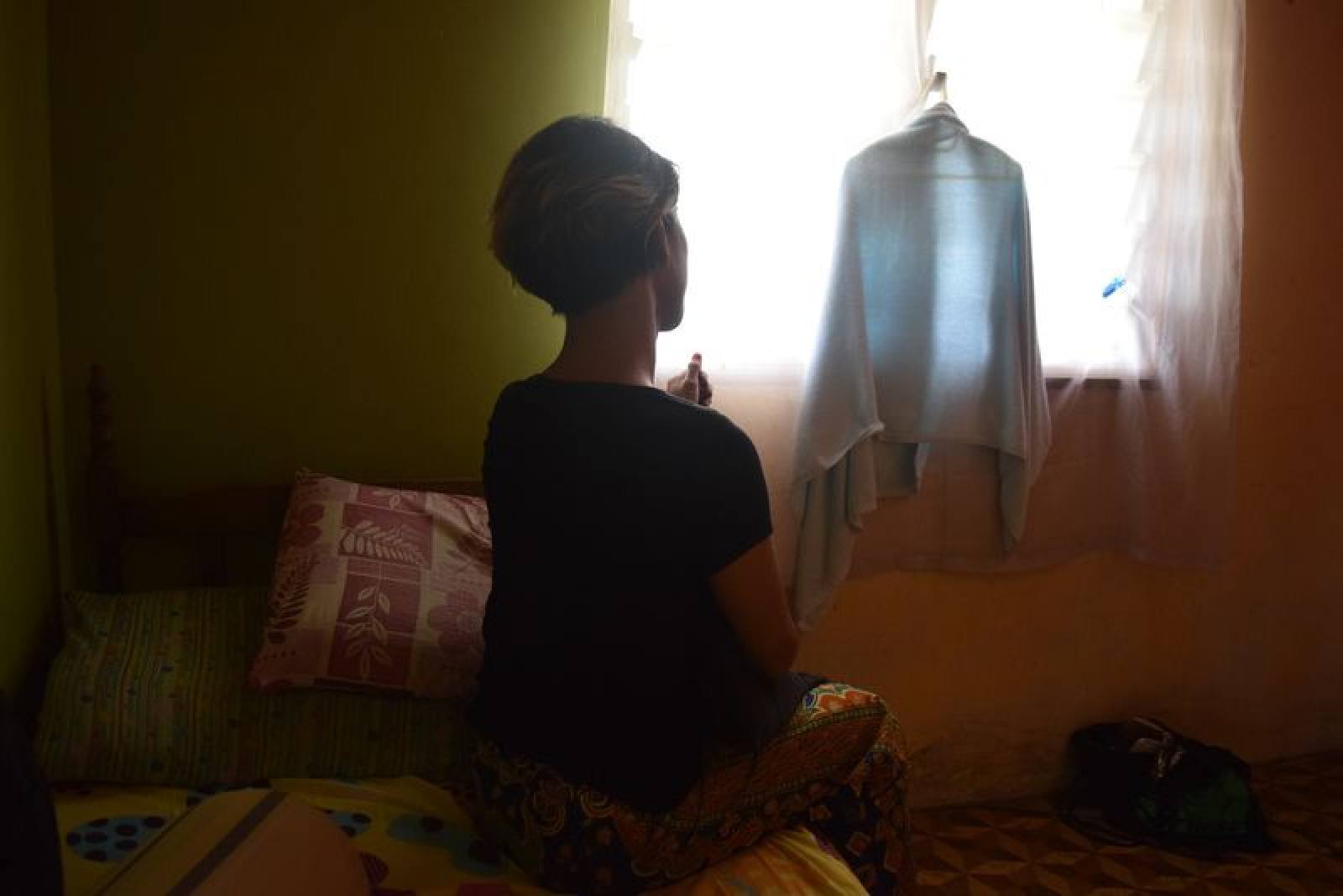
They referred to the robust parliamentary debate in 2007 when a “uniquely Singaporean resolution” was reached. That year, Prime Minister Lee, noting that Singapore is a conservative society, said it should strive to “uphold a stable society with traditional heterosexual family values but with space for homosexuals to live their lives and to contribute to the society”. For most Singaporeans, the attitude is a “pragmatic one”, he added. “We live and let live.”
As the Winter Olympics approach, where are China’s gay athletes?
Shanmugam referenced Lee’s speech in his latest remarks. The minister, a key lieutenant of the prime minister, maintained that the government’s stance was unchanged and that the approach struck a balance between preserving the legislative status quo and accommodating the concerns of those directly affected by the law.
But he also noted that one of the things that have upset the LGBT community was that many felt that the experience of being hurt or rejected by their families, friends, schools and companies was not recognised.
Do these K-dramas have real LGBT representation – or is it all queerbaiting?
Shanmugam said “socially-charged” issues such as Section 377A called for continued discussion and open-ended resolution within the political domain. “In this way, we can accommodate divergent interests, avoid polarisation, [and] facilitate incremental change,” he said.
Shifting attitudes
Clement Tan, a spokesperson for Pink Dot, agreed policies need to be updated to reflect changing societal values and said he was encouraged by the government’s plans to review the situation.
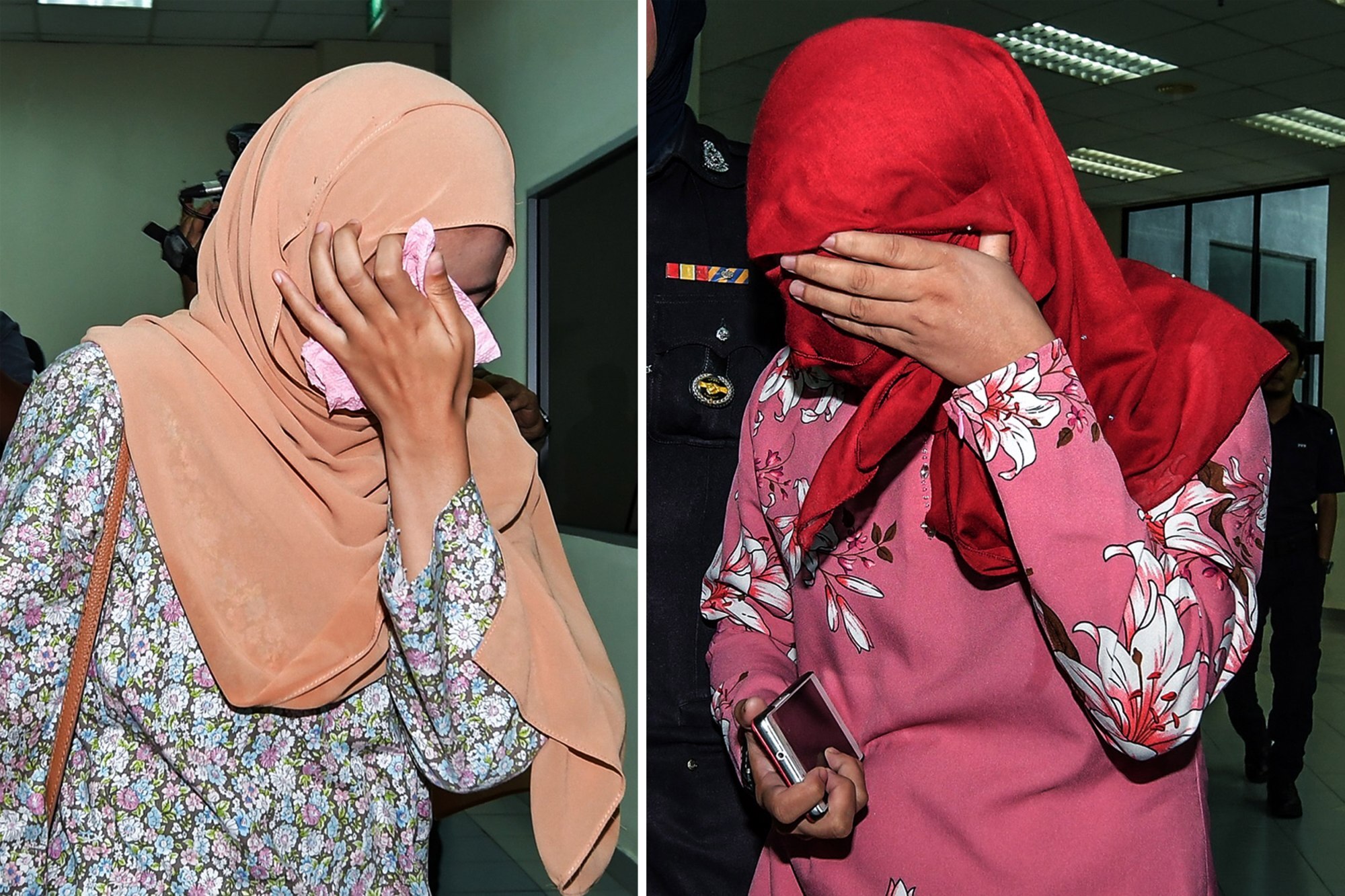
Already, a 2019 survey by the Institute of Policy Studies think tank found that many Singaporeans are now more liberal about homosexuality and more welcoming of gay sex and marriage.
“Societal attitudes have certainly evolved in favour of LGBTQ+ equality among the younger generation and from the more moderate voices within religious communities, and we expect this shift to continue over time,” he said.
Gay Indians fight for right to marry in traditional big fat weddings
He also hoped the government would go beyond acknowledging the hurt faced by members of the community and act to address stigma and discrimination that some face at home, in schools, and at work.
Veteran political commentator Eugene Tan said most Singaporeans have come to accept the “live and let live” approach, and they saw accommodation as the best way for an issue for which there are no easy solutions.
Younger Singaporeans, he suggested, were likely in favour of decriminalising consensual sex between men but religious groups were still “keenly intent” on preserving the moral tone of society, such as the traditional view of marriage and family.
Gay marriage possible for Dutch monarch, prime minister says
Indeed, following Shanmugam’s remarks, the National Council of Churches in Singapore said the government’s current position “successfully achieves this delicate balance between the different and, in fact, opposing interests of various groups”.
Tan, a law professor at Singapore Management University, viewed the minister’s comments as not only reaffirming the “live and let live” approach but also indicating the government was keeping an open mind.
While he did not see the comments as an indication of the government moving unilaterally to either relax or repeal Section 377A, Tan said they were the “most accommodating remarks” towards the LGBT community since 2007.
“It is clear that the government will not actively advocate or promote the repeal of Section 377A. It will be informed by social attitudes towards homosexuality,” said Tan.
Chinese athlete comes out as gay as government steps up LGBT repression
Both the ruling People’s Action Party (PAP) and the main opposition group, the Workers’ Party, do not currently see making significant changes to the law as an issue that would help them politically. “In fact, they probably see it as a vote-losing proposition,” he said.
Tan pointed out that the latest court judgment was significant as it provided judicial backing for the so-called live and let live approach, which until recently was seen as a measure of sociopolitical accommodation.
That, he said, may give impetus to an arrangement where contending groups could thrive despite their deeply held differences but a “final settlement” was not likely within the decade.
Does TV rom-com’s popularity mark shift in Hong Kong attitudes to gay relationships?
Meanwhile, Bilveer Singh, an associate professor of political science at the National University of Singapore, said he believed the government has been gauging public sentiment about the issue in recent years.
Like Tan, he too felt that there could be policy changes “but not now or not in the very near future”. The issue, he said, would likely be addressed by the ruling PAP’s younger generation of leaders who are poised to succeed Prime Minister Lee and his contemporaries, Singh said.
“Our political system is called a one party dominant system and such systems are given a public endorsement because they have a knack for getting society on their side, including on issues such as Section 377A,” he said.
In this regard, the government’s current position on the law simplified future deliberations on the matter, Singh suggested.
“The government position is simple: I am the purveyor of public opinion and this is what the majority thinks; if the majority shifts its position, then the government would do so likewise.”


